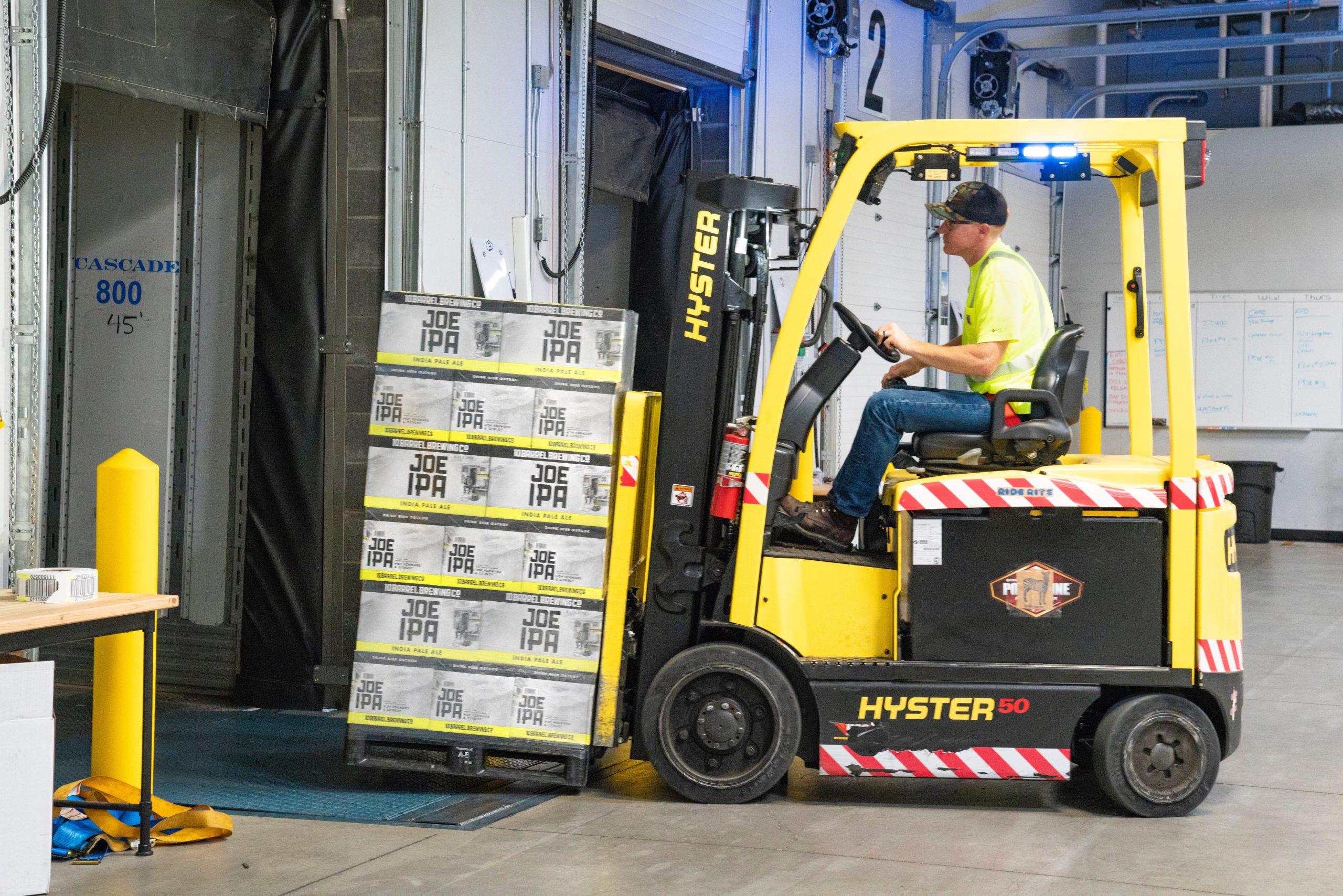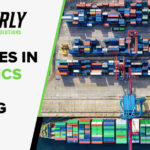Logistics: Expectations vs. Reality
Business Logistics is the process of planning, organizing, and controlling the movement of supply, inventory, and information within a company. It includes transportation, materials management, warehousing, planning of supply/demand, and other related tasks. There is some public debate on the purpose of logistics versus the supply chain. Logistics typically refers to activities that occur within the boundaries of a single organization and SupplyChain refers to networks of companies that work together and coordinate their actions to deliver a product to market. As you can see, physical logistics is a key component of both programs. Many businesses have developed their own logistics offering. They partner with different carriers within the modes of transportation in an attempt to do what is best for their business. Sometime these choices are more complex and costly than they appear to be.
The Risky Game of Private Fleet Logistics:
Companies assume that self-managing their transportation process is the most efficient way of broadening their brand name and reducing their costs. The trend has been few companies operating their own fleet, however that trend is shifting with the changing capacity situation. Despite potential advantages, starting a private fleet can be a daunting proposition for any business. In many cases, cost reductions are elusive and it requires more time, effort, and a seasoned group of transportation professionals that can manage the operations and administrative burden. Private fleet operators face numerous ongoing challenges, such as fleet maintenance, logistics management, and driver recruitment. Outsourcing this operation may be an acceptable alternative that should be considered to eliminate many of these time consuming and costly operations.
Logistics Customer Service
Why Logistics Customer Service Matters – Providing tier one logistics customer service is non-negotiable. We know that events like carrier delays from weather or traffic are outside the control of the shipper, but many of the issues that arise in transportation can be alleviated by providing pre-emptive open communication and customer service. Without a devotion to customer service in logistics, a shipper could be left in the dark about the status of their freight and forced to deal with problematic issues on their own. Worse, poor communication, and service could result in high fees, or damaged relationships with their clients. On the other hand, quality logistics in customer service can result in long-term transportation savings, on-time delivery, peace of mind, delighted customers, and allow more time to concentrate on other parts of your business.
How Do Small/Medium Shippers Increase Their LTL Buying Power:
Less than truckload shipping is used for shipments that are too large to be sent as parcel, but too small to fill an entire truckload. Third party transportation management solution portals allow shippers a means to book your LTL shipment and, you get more than just a way to book your LTL shipment—you benefit from a large qualified carrier network, expert logistics support and leading technology. This allows small and medium shippers better rates, better tracking, better shipment management. The technology is intuitively designed to improve the LTL shipping experience and will help improve your customer logistics experience.
Contact Orderly Logistics to learn more about logistics solutions for small and medium shippers


